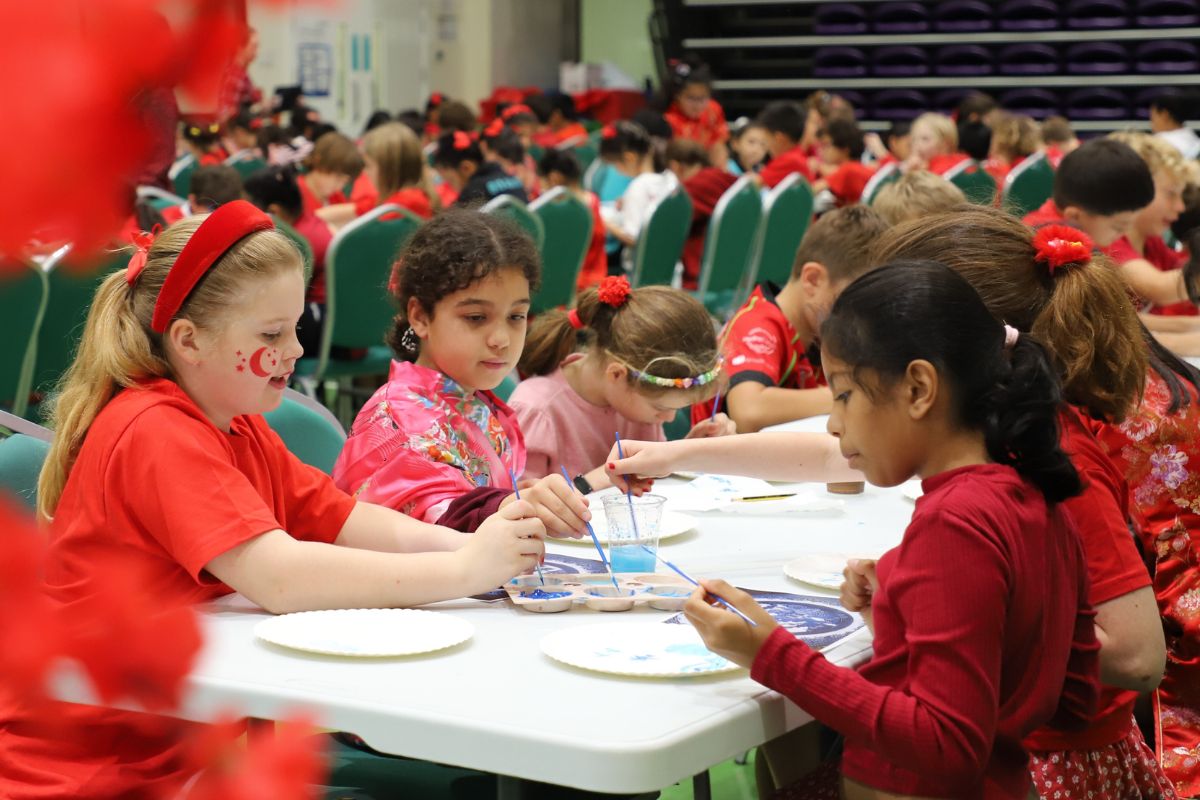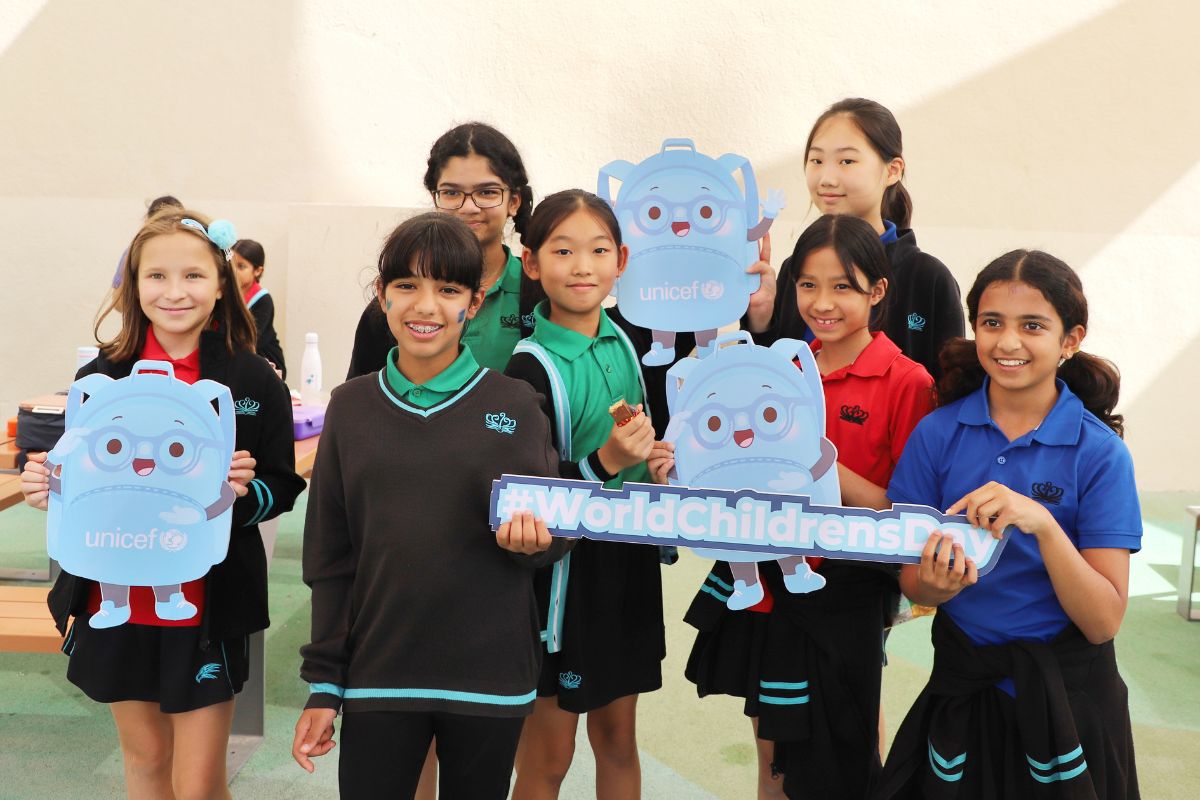Discover the importance of cultural adaptability and global awareness for a connected world with Áine McGlue, Head of Secondary, BIS Abu Dhabi
The UAE is home to a fantastic mix of nationalities and languages. Schools here are uniquely positioned to foster an inclusive environment where students naturally learn about diverse cultures.
This immersive experience helps children see the world through various perspectives; essential skills for thriving in a globally connected world. But how do we prepare students for the challenges and opportunities of global citizenship?
Third Culture Kids (TCKs), a term coined by Ruth Hill Useem in the 1950s, refers to children blending their parents’ culture with their host country’s culture, forming a ‘third’ culture.
This concept has become increasingly relevant as globalisation creates more opportunities for families to live abroad. Children spending their formative years in a country different from their parents’ become TCKs.
TCKs often travel extensively, engage with diverse cultures, and receive an international education, broadening their worldview. Many are bilingual or multilingual, yet identifying with a single culture can be challenging. TCKs tend to feel a stronger connection to peers with similar international experiences than those from their “home” countries.
Often described as “global citizens,” TCKs embrace internationalism and diversity. However, they can experience reverse culture shock when returning to their home country or transitioning to university.
The British International School Abu Dhabi (BIS Abu Dhabi) has over 90 nationalities, so our culturally inclusive curriculum helps students navigate the challenges of growing up between cultures.
Incorporating global perspectives in literature, history, and current events ensures that diverse experiences are reflected in their learning.
Preparing students for global citizenship
Schools play a crucial role in preparing informed, responsible citizens. At BIS Abu Dhabi, we aim to equip all students; not just TCKs; with the skills and knowledge needed to thrive in an international society.
We encourage engagement with global issues like climate change, human rights, and social justice, fostering ethical awareness and cultural understanding.
Through Nord Anglia’s Global Campus, our students collaborate with peers on worldwide issues, gaining international perspectives and connections.
Events like House activities, social impact days, and local community engagements are also instrumental in helping students develop leadership, teamwork, and social responsibility, further enhancing their ability to function effectively in multicultural environments.
The deeper meaning of culture
Culture extends beyond surface elements like food and traditions; it encompasses values, norms and behaviours.
By initiating open discussions about cultural differences and similarities, we can help students explore visible and hidden aspects of culture, fostering respect and a deeper appreciation for diversity.
Career and educational advantages
In today’s competitive workforce, graduates need more than academic knowledge to succeed. Lasting careers will demand versatile, transferable skills like cultural empathy, adaptability, and a global outlook.
TCKs by their very nature embody this essence of global citizenship. By nurturing these traits in all students, they become well-suited for careers in multinational organisations and roles that require global collaboration.
By focusing on real-world learning experiences and fostering cultural understanding, we ensure our youth can confidently navigate global citizenship’s complexities in an ever-changing world.
Follow Yalla for all the latest education news


